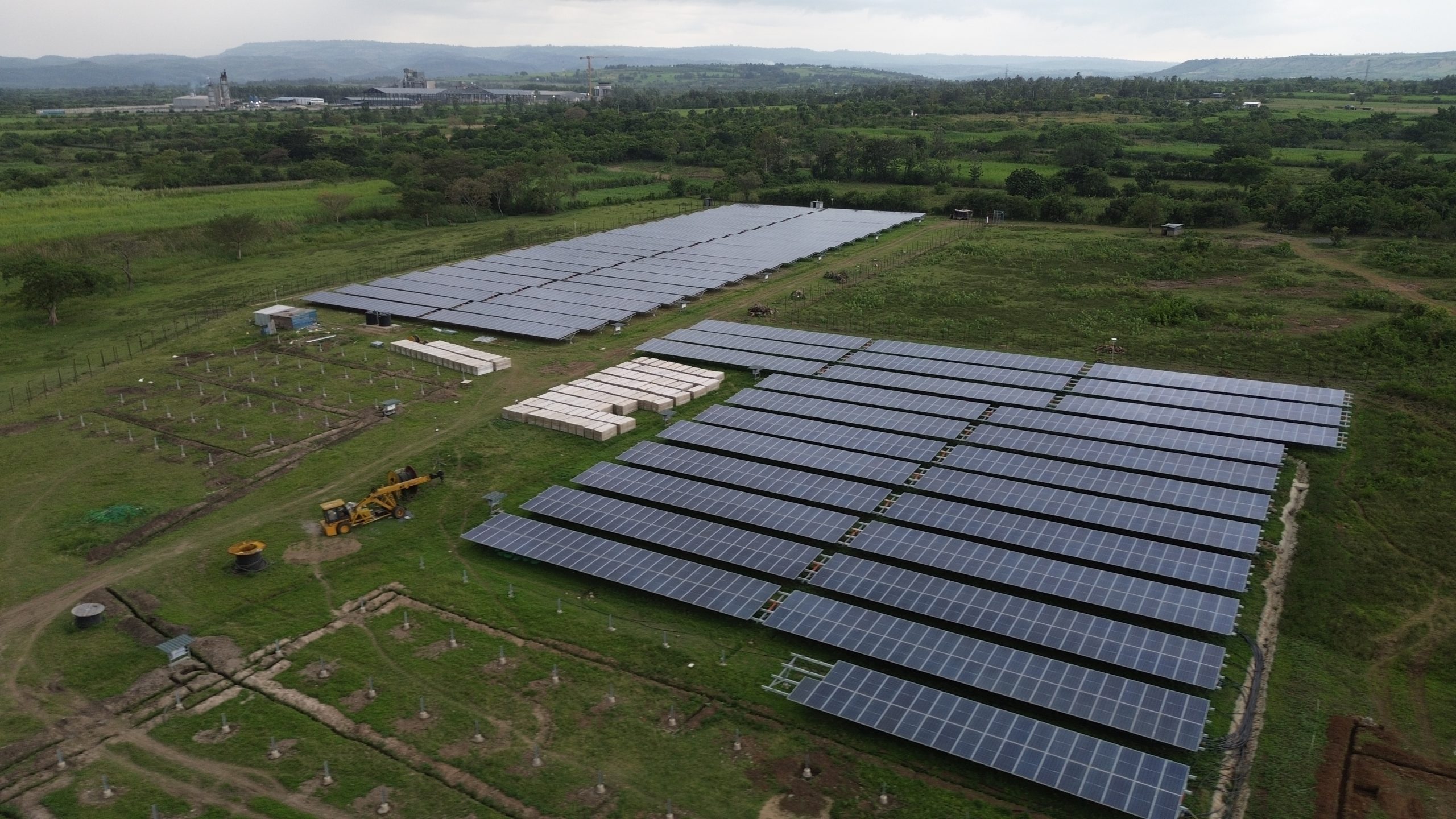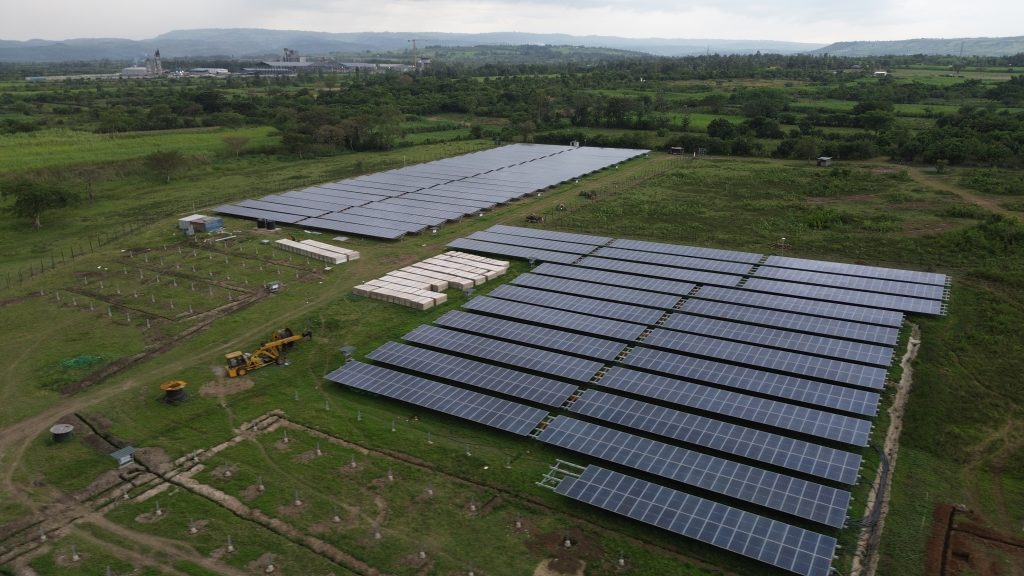
04 Jul Why Thousands of Smart Businesses Are Choosing Solar Power
Across industries, from agriculture to manufacturing, more companies are rethinking their approach to energy. As electricity prices continue to rise and climate concerns grow louder, businesses are looking for long-term, sustainable alternatives to keep their operations running efficiently. One solution is emerging as the clear favorite among decision-makers: solar power.
But why are thousands of smart businesses turning to solar energy? The reasons go far beyond just cutting electricity bills. Solar offers economic, environmental, and strategic benefits that align with the future of modern business.
Here’s what’s driving the global shift.

1. Controlling Energy Costs
One of the most immediate and tangible benefits of solar power is cost control. Traditional energy sources are subject to unpredictable price fluctuations. Utility tariffs can increase without warning. Diesel prices swing with global markets. These factors make it hard for companies to forecast budgets and protect profit margins.
Solar power changes that. Once a system is installed, sunlight becomes your main energy source, and it’s free. Businesses that switch to solar see their energy costs drop significantly, often by 30% to 70%. Over time, the savings compound, freeing up capital for growth and investment.
2. Fast Return on Investment
Many assume solar systems take a decade or more to pay off. That may have been true in the past, but not today. With reduced panel costs, better technology, and supportive tax structures in many countries, most commercial and industrial solar systems achieve full payback in just three to five years.
Considering that these systems often last more than 25 years, the long-term return is substantial. It’s no surprise that CFOs and operations managers are seeing solar not as an expense, but as a reliable investment.
3. Energy Independence and Reliability
For businesses in areas where the power grid is unstable or unreliable, solar power offers another major advantage: resilience.
By pairing solar panels with battery storage or integrating with backup generators, businesses can maintain full control over their energy supply. This means fewer disruptions, more uptime, and greater operational reliability. Even during blackouts or fuel shortages, production continues.
For manufacturers, hospitals, data centers, and other power-critical operations, this kind of self-reliance is essential.
4. Meeting ESG and Sustainability Goals
As global awareness around climate change increases, businesses are under pressure to show real commitment to sustainability. Environmental, Social, and Governance (ESG) metrics are no longer just buzzwords, they’re increasingly used by investors, customers, and regulators to assess company performance.
Switching to solar power drastically reduces carbon emissions. Every megawatt-hour generated from solar avoids up to 900 kg of CO₂. For companies looking to achieve carbon neutrality or meet industry certifications, solar offers a clear path.
And beyond compliance, it’s also great for brand perception. Businesses powered by clean energy attract environmentally conscious consumers and partners.
5. Access to Financial Incentives
Many governments offer incentives to businesses that invest in renewable energy. These may include tax breaks, import duty waivers, accelerated depreciation, or even rebates for installation.
These incentives shorten the payback period even further, making solar an even smarter financial move. In some markets, businesses can even sell excess solar energy back to the grid through feed-in tariffs or net metering.
It’s one more way solar power turns energy into a strategic asset.
6. Minimal Maintenance, Maximum Lifespan
One of the key strengths of solar technology is its low maintenance nature. Once installed, solar systems require very little upkeep. Most of the maintenance involves simple periodic cleaning and occasional inspections of system components.
Modern panels are built to withstand weather, and warranties often cover them for 20–25 years. The inverters may need replacement after 10–15 years, but they too are improving in durability.
This means after the initial setup, businesses enjoy decades of consistent, low-cost energy with minimal effort.
7. Scalability for Future Growth
Solar energy isn’t a one-size-fits-all solution. Systems can be customized to match your current energy usage and then scaled up as your business grows. This flexibility makes solar power ideal for both SMEs and large-scale enterprises.
With rising demand for electric vehicles, smart equipment, and digital systems, power usage is only going to increase. Solar helps future-proof your operations by offering a clean and scalable energy backbone.
8. Supporting Local Economic Development
Adopting solar power doesn’t just benefit your company, it contributes to a broader clean energy economy. Solar creates local jobs in engineering, installation, maintenance, and manufacturing. By investing in solar, businesses play a part in building stronger, more sustainable communities.
In emerging markets, solar energy also reduces reliance on imported fuel and unstable grid infrastructure, empowering industries to grow confidently.
A Word from Us at Spenomatic Solar
At Spenomatic Solar, we’ve seen firsthand why so many smart businesses are choosing solar. We’ve helped manufacturers reduce their power bills by nearly half, assisted agribusinesses in gaining energy independence, and supported firms in aligning with global ESG standards.
We don’t just offer solar panels; we work alongside our clients to design full solar solutions that make sense financially and operationally. Our focus is always on delivering lasting value with every project.
If you’re considering solar, we’re here to help you understand your options and chart a clear path forward. There’s no pressure, just practical guidance from a team that’s done this many times before.
Final Thoughts
Solar power is no longer just a green alternative; it’s a strategic business decision. From cost savings and energy security to brand reputation and long-term sustainability, the benefits are clear and proven.
Thousands of businesses across the globe are already making the switch. The technology is ready. The economics make sense. And the opportunity to lead—rather than follow, is now.
If your business is thinking ahead, solar power should be part of the conversation.
FAQs
1. How much can my business save with solar power?
Depending on your system and location, you could reduce energy bills by 30% to 70%.
2. Is solar power reliable for large-scale operations?
Yes. When properly designed, solar systems can fully support industrial-level usage, especially when combined with grid or backup systems.
3. What is the lifespan of a solar power system?
Solar panels typically last 25+ years. Inverters may last 10–15 years. Minimal maintenance is required.
4. Do I need a lot of space to install solar?
Not always. Rooftops, carports, and even vertical structures can be used. We help assess the most efficient layout based on your site.
5. Can I start small and expand later?
Absolutely. Solar systems are modular, meaning you can add more capacity as your business grows.


Sorry, the comment form is closed at this time.